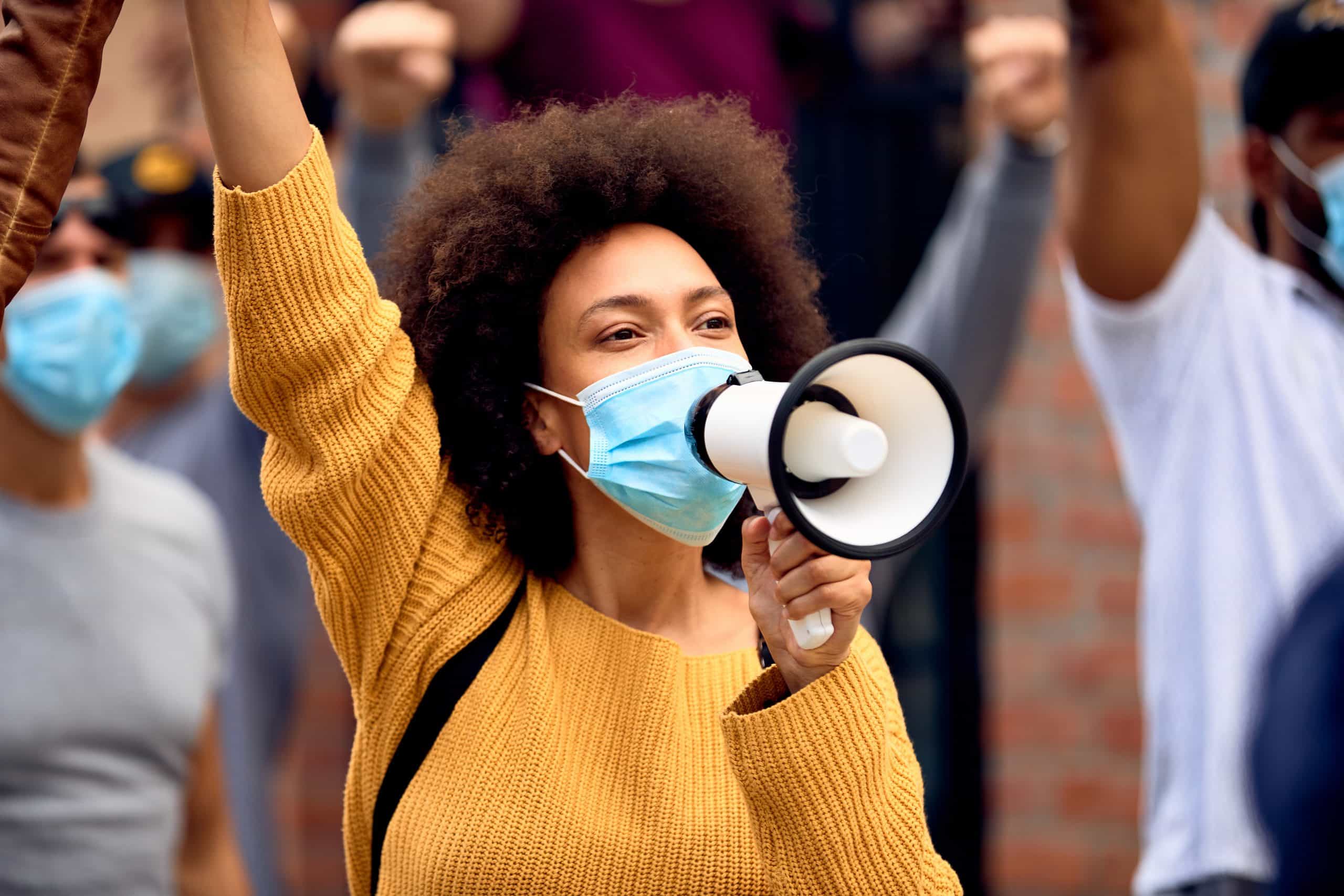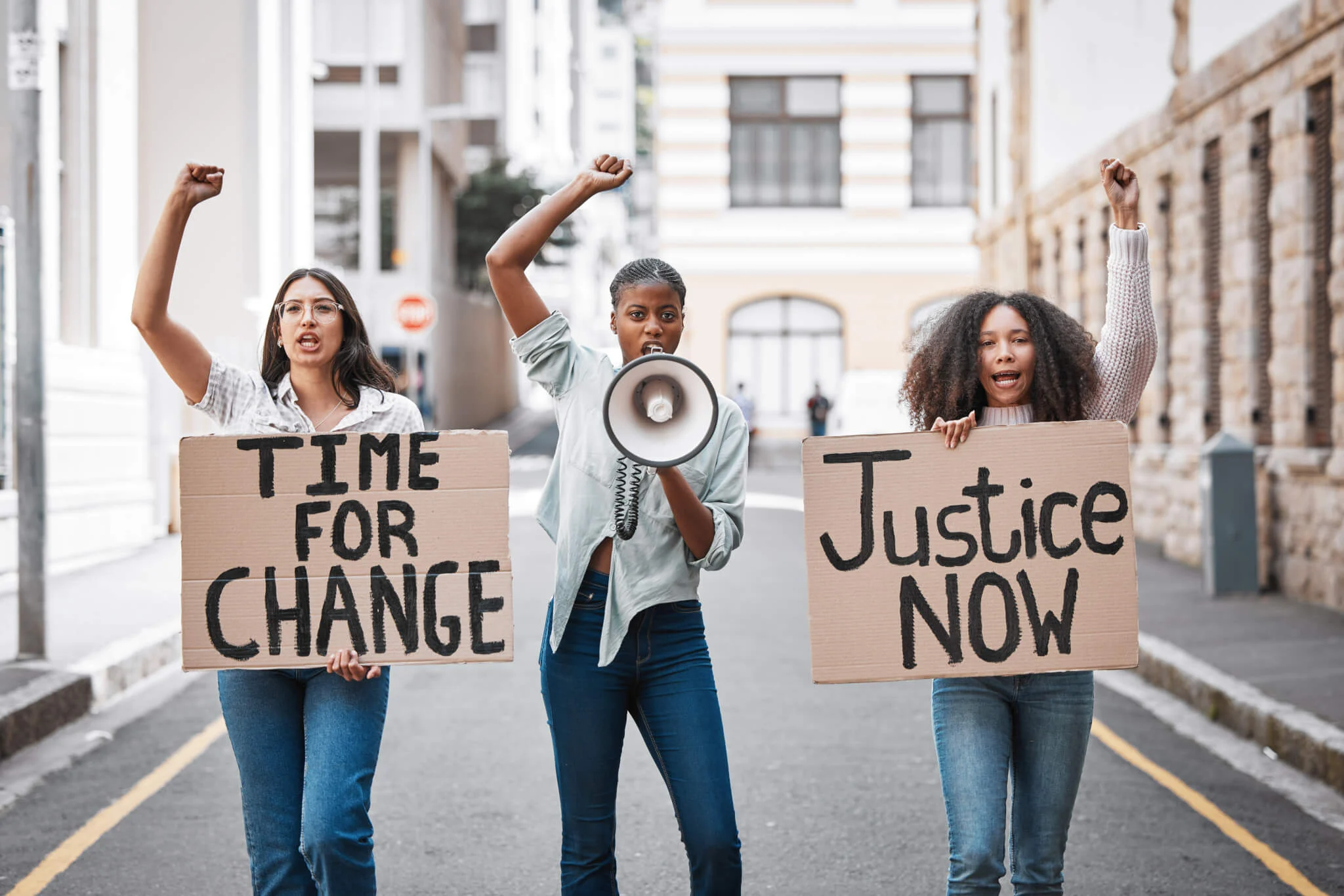Why Donating to Human Rights Matters
Imagine a world where everyone can speak freely, love openly, and live without fear of persecution. Donating to human rights organizations helps turn this vision into reality by funding critical work that protects vulnerable people and challenges oppressive systems. Every dollar you give amplifies the voices of those fighting for justice, from activists risking their lives to researchers exposing abuses. It’s not just charity—it’s a stand for dignity and equality.
Understanding Human Rights Organizations
What Are Human Rights Organizations?
Human rights organizations are dedicated to protecting and promoting fundamental freedoms for all people. They investigate abuses, advocate for policy changes, and support those facing discrimination or persecution. Groups like Amnesty International and Human Rights Watch operate globally, relying on donations to maintain their independence and impact.
The Role of Donations in Their Work
Donations fuel the core activities of these organizations, from fieldwork to legal advocacy. They enable researchers to document abuses, provide safe havens for activists, and push for systemic change. Unlike government-funded entities, many human rights groups depend entirely on public support to remain impartial.
Why Your Donation Makes a Difference
Empowering Activists on the Ground
Your contribution directly supports human rights defenders who face threats for their work. For example, a donation to the Fund for Global Human Rights can provide safe housing for an activist in Myanmar facing death threats, ensuring they can continue their fight for justice.
Exposing Hidden Abuses
Donations fund research teams that uncover violations in places like Gaza or Myanmar. Human Rights Watch, for instance, relies on donors to send investigators into conflict zones, where they document atrocities and hold perpetrators accountable. Their 2025 report on South Korea’s age-based employment policies was made possible through such support.
Advocating for Systemic Change
Your money helps organizations lobby for laws that protect vulnerable groups. The Human Rights Campaign’s work to reform gender recognition laws in the Netherlands shows how donations translate into policy changes that improve lives. Every contribution strengthens their ability to challenge discriminatory systems.
Top Human Rights Organizations to Support
Amnesty International
Amnesty International, with over 10 million supporters in 150 countries, campaigns for a world where human rights are universal. Donations fund their efforts to protect free speech, combat discrimination, and support activists under threat. Their recent condemnation of journalist killings in Gaza highlights their fearless advocacy.
Human Rights Watch
Human Rights Watch operates in nearly 100 countries, focusing on exposing abuses and pressuring governments for change. Their independence from government funding ensures unbiased reporting, like their 2025 investigation into Peru’s legislative ties to organized crime. Your donation supports their global impact.
Human Rights Campaign (HRC)
The HRC fights for LGBTQ+ equality, from advocating for inclusive policies to celebrating trans voices through campaigns like the Freedom to Be Monument. Donations fuel their grassroots efforts, helping 3 million members push for change in schools, workplaces, and communities.
Fund for Global Human Rights
This organization invests in grassroots activists, with 81% of donations going directly to programs like training domestic workers in Mexico or ending child trafficking in West Africa. Their focus on local impact makes them a powerful choice for donors seeking tangible results.
Human Rights First
Human Rights First uses legal expertise to defend asylum seekers and challenge oppressive policies. Their work, like suing to stop rushed asylum screenings, relies on donations to partner with pro bono attorneys and advocate for systemic reform.
How to Choose the Right Organization to Donate To
Aligning with Your Values
Consider what issues matter most to you—LGBTQ+ rights, refugee protection, or free speech. Research organizations like Outright International for LGBTIQ advocacy or UNRWA for Palestine refugees to ensure your donation supports your priorities.
Checking Transparency and Impact
Look for organizations with high transparency ratings. Human Rights First, rated 90.39 by Charity Navigator, provides detailed breakdowns of how donations are used. This ensures your money is spent effectively and ethically.
Evaluating Global vs. Local Focus
Some organizations, like Human Rights Watch, operate globally, while others, like the Fund for Global Human Rights, prioritize local activists. Decide whether you want to support broad systemic change or targeted community efforts.
Comparing Top Human Rights Organizations
| Organization | Focus Area | Global Reach | Transparency Rating | Key Impact |
|---|---|---|---|---|
| Amnesty International | Universal human rights | 150+ countries | High (CharityWatch) | Advocacy for free speech, activist safety |
| Human Rights Watch | Investigating abuses | 100 countries | High (Charity Navigator) | Reports on global human rights violations |
| Human Rights Campaign | LGBTQ+ equality | USA, global | High (Charity Navigator) | Policy reform, community advocacy |
| Fund for Global Human Rights | Grassroots activism | 20+ countries | High (CharityWatch) | Local activist support, climate justice |
| Human Rights First | Legal advocacy, asylum rights | USA, global | 90.39 (Charity Navigator) | Legal challenges to oppressive policies |
Pros and Cons of Donating to Human Rights Organizations
Pros
- Direct Impact: Funds real-world change, like protecting activists or reforming laws.
- Tax Benefits: Many organizations, like Human Rights First, offer tax-deductible donations in the US.
- Amplifies Voices: Supports marginalized groups, from refugees to LGBTQ+ communities.
- Global Reach: Your donation can influence change in multiple countries.
Cons
- Administrative Costs: Some organizations allocate a portion of funds to overhead, though top-rated ones keep this low.
- Long-Term Results: Systemic change can take time, delaying visible outcomes.
- Donor Fatigue: Frequent appeals may feel overwhelming if not managed well.
How to Donate Effectively
One-Time vs. Recurring Donations
One-time donations are great for immediate needs, like funding emergency aid for refugees. Recurring donations, like $10 monthly to the Fund for Global Human Rights, provide stable support for ongoing campaigns, such as training domestic workers.
Donation Methods
- Online: Most organizations, like Human Rights Watch, offer secure online portals.
- Mail or Wire Transfer: Options for those preferring non-digital methods, especially for larger gifts.
- In-Kind Donations: Some, like the HRC Foundation, accept vehicles or other assets.
- Workplace Giving: Programs like America’s Charities distribute donations to multiple groups.
Maximizing Your Impact
- Monthly Giving: Small, consistent donations sustain long-term projects.
- Matching Gifts: Check if your employer matches charitable contributions.
- Donor-Advised Funds: Use these for strategic, tax-efficient giving.
- Memorial Gifts: Honor loved ones by donating in their name, as offered by Civil Rights Defenders.
Real Stories of Impact
A Safe Haven in Myanmar
In 2022, a donation to the Fund for Global Human Rights provided safe housing for a Myanmar activist facing death threats for opposing military rule. This support allowed her to continue advocating for democracy, showing how your contribution can save lives.
Protecting Journalists in Gaza
Amnesty International’s donor-funded investigations exposed the deliberate killing of Palestinian journalists in 2025. Their work amplified global calls for accountability, proving that donations fuel truth-telling in the darkest corners.
Advancing Trans Rights in the Netherlands
Human Rights Watch’s advocacy, supported by donors, helped reform the Netherlands’ gender recognition laws in 2022. This change improved the dignity of transgender individuals, showing the ripple effect of your support.
People Also Ask (PAA)
What is the best charity to donate to for human rights?
The best charity depends on your priorities. Amnesty International is ideal for broad human rights advocacy, while the Human Rights Campaign focuses on LGBTQ+ equality. Check transparency ratings on Charity Navigator to ensure your donation is used effectively.
How can I donate to human rights organizations?
You can donate online through secure portals, by mail, or via workplace giving programs. Organizations like Human Rights First also accept in-kind donations, such as vehicles, for tax-deductible contributions.
Are donations to human rights organizations tax-deductible?
Yes, many organizations, like Human Rights Watch and the HRC Foundation, are 501(c)(3) nonprofits, making donations tax-deductible in the US. Always keep your receipt for tax purposes.
How do human rights organizations use donations?
Donations fund investigations, legal advocacy, activist support, and policy reform. For example, Human Rights Watch uses funds to investigate abuses in 100 countries, while the Fund for Global Human Rights supports grassroots campaigns.
Challenges in Human Rights Funding
Rising Authoritarianism
Donations are critical as authoritarian regimes increasingly target activists and journalists. The Human Rights Foundation notes that over half the world lives under tyranny, making your support vital to counter censorship and persecution.
Limited Resources
Even top organizations face resource constraints. Human Rights Watch’s 550 staff cover 100 countries, but more funding could expand their reach to more vulnerable communities. Your donation bridges this gap.
Public Misconceptions
Some criticize human rights groups for inconsistent focus, as seen in posts on X questioning their political neutrality. Choosing transparent organizations with clear missions can address these concerns.
FAQ Section
How do I know my donation is used effectively?
Choose organizations with high Charity Navigator or CharityWatch ratings, like Human Rights First (90.39/100). Review their financial reports to see how funds are allocated.
Can I donate anonymously?
Yes, most organizations, like Human Rights Watch, allow anonymous donations. You can also use donor-advised funds for privacy while supporting their work.
What’s the minimum amount I can donate?
Many organizations accept donations as low as $10, like the Fund for Global Human Rights’ monthly giving program, which supports grassroots activism. Every amount helps.
Do donations really change lives?
Absolutely. For instance, a donation to UNRWA provides food and shelter to Palestine refugees, directly improving their quality of life. Real stories, like those from Myanmar activists, prove the impact.
Can I donate to specific causes, like refugee rights?
Yes, organizations like UNRWA focus on refugees, while Outright International targets LGBTIQ rights. Specify your cause when donating to ensure targeted impact.
Tips for Ongoing Support
- Join Newsletters: Stay informed about campaigns through email lists from groups like Human Rights First.
- Volunteer: Many organizations offer volunteer opportunities to complement your donations.
- Advocate: Share their work on social media to amplify their message, as seen with HRC’s One Million Voices for Equality campaign.
- Shop Purposefully: Buy from HRC’s store, where 100% of proceeds support equality efforts.
Conclusion: Your Role in Defending Human Rights
Donating to human rights organizations isn’t just about giving money—it’s about standing up for justice, amplifying silenced voices, and building a world where everyone can live with dignity. Whether you support Amnesty International’s global campaigns or the Fund for Global Human Rights’ grassroots efforts, your contribution creates a ripple effect. Start small, choose wisely, and know that your donation is a powerful act of solidarity. Visit Human Rights Watch or Amnesty International to make a difference today.




